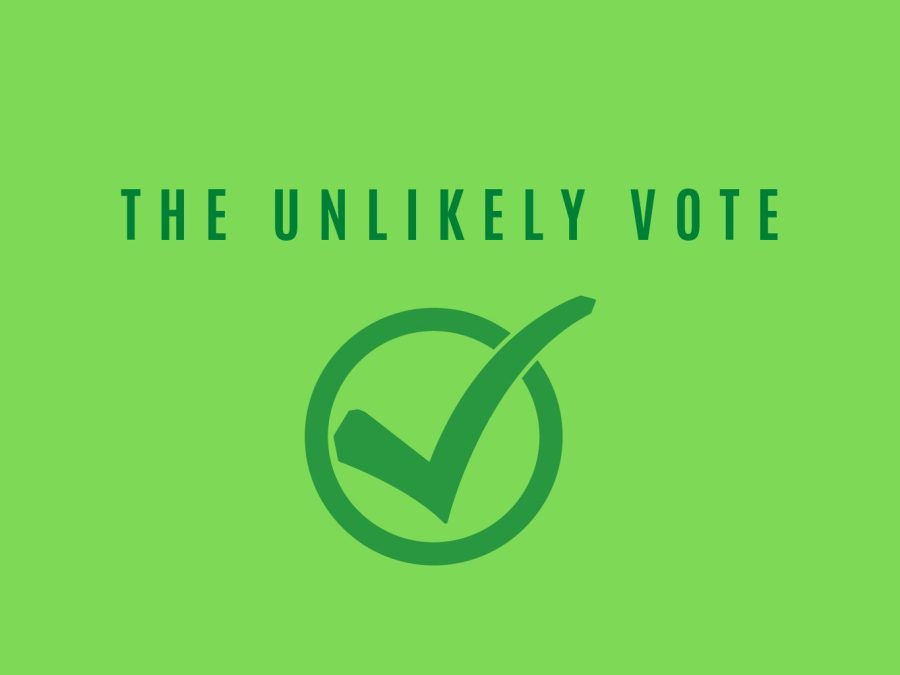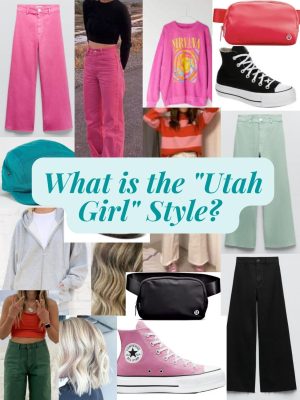Georgia Voter Turnout Hits Record Numbers Despite Voting Restrictions
Voter restrictions did not stop Georgia from seeing record voter turnout numbers. Graphic by K. Peechu.
May 27, 2022
A record number of ballots were cast ahead of Georgia’s Tuesday contests, showing off the surge of early voting.
Republicans say that this increase demonstrates the success of recent voting laws that Democrats alongside other critics had warned would restrict ballot access, however, other voting activists claim that the numbers fail to depict the difficulties voters have in getting their vote to count.
More than 850,000 votes were cast as of May 21st, according to Brad Raffensperger, GOP Secretary of State. Citing SB 202, a 2021 voting law, he praised the record proudly.
“The incredible turnout we have seen demonstrates once and for all that Georgia’s Election Integrity Act struck a good balance between the guardrails of access and security,” said Raffensperger in a statement to announce the turnout numbers.
President Biden became the first Democrat to win George in the 2020 election, defeating former President Donald Trump, and was one of the many who predicted the voter law would negatively impact voter turnout, specifically within minority communities. Biden called the law “un-American” and even likened it to the discriminatory Jim Crow laws.
The voting law fought to enforce rules on absentee voting, including requiring a photo ID and shortening the voting window, and also limits the use of ballot boxes and criminalized giving voters food or water in line. Governor Brian Kemp (R) signed the law in March of 2021.
According to activists, their work has been the main contributor to the successful turnout numbers, with organizations across the Georgia state such as Black Voters Matter and League of Women Voters taking the initiative to educate voters on the new voting rules. This work includes holding voter turnout events and setting up hotlines to start educational networks.
“The high early vote turnout shows that this message has been heard by voters,” says Susannah Scott, president of the Georgia Chapter of League of Women Voters.
Cliff Albright, director of Black Voters Matter, has stated that the turnout rate cannot properly demonstrate the Black voters who were arguably one of the most impacted by the rules and make up around a third of the state population.
A record number of 1.3 million Georgians voted absentee in 2020, meaning the vote is cast at either a different location than the official polling station, or the individual votes through postal voting, proxy voting, or online voting.
However, since 2020, absentee voting rules have changed greatly, adding more restrictions and rules, such as requirements of a driver’s license number or state ID, and other identifying information such as birthdate to apply for a main-in-ballot application. Whoever lacks these necessary ID forms are allowed to use alternative paperwork such as a bank statement or utility bill.
This is why it is crucial to check the number of voters choosing to vote by mail after the voting law’s implementation. In Georgia, election officials do not start counting mail-in ballots until the morning of Election Day, with voters having three days after to fix any issues so it will count. It is then that data will show whether the surge in early voting turnout balanced out the mail-in votes or not.
Albright had told CNN, “Now, the bigger question is this: How many people decided not to shift from vote-by-mail to early voting…We’re so frustrated, discouraged that they didn’t do either one.”
According to Scott and some others, many voters opted for early voting because of apprehension about the new absentee voting restrictions.
“My sense is that voters are uncertain about how updates to voting laws will impact them and have opted to vote early to ensure that they have time to fix any problems that may arise while there is still time to do so,” Scott said.
Dexter Wimbish, an attorney in Griffin, Georgia, says that voter intimidation is more prevalent in rural areas, and many think that suppression from the new laws is likely felt stronger there. Wimbish participated in a recent “Souls to the Polls” event in Griffin, and said that despite candidates like Stacey Abrams (D) and Raphael Warnock (D) being on the ballot, the new laws would nevertheless show their impact.
“I don’t think that the fact that we’ve got two excellent candidates like Stacey (Abrams) and Senator Warnock, you know that is certainly a plus, but it’s not going to mitigate the protracted efforts by those on the other side to limit the ability of people to cast a vote without any restrictions,” said Wimbish.








